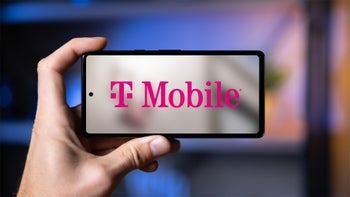Apple CEO Tim Cook answers corporate tax questions before Senate committee

“We pay all the taxes we owe – every single dollar,” according to Apple CEO Tim Cook before the Senate Permanent Subcommittee on Investigations. Senate investigators have found that Apple paid no corporate income tax to any overseas government over the past four years on what amounted to tens-of-billions of dollars of revenue.
No US based multi-national company, not Apple, not Google, not Exxon-Mobile, pays US income taxes on revenues earned overseas as long as that money remains overseas. That does not mean all is equal elsewhere in the tax code however. Apple, and other companies, still paid the requisite taxes on earnings sourced within the US.
In what can described as an exercise in futility, no one in the Senate accused Apple of any wrongdoing, as it is Congress that writes the tax code in the first place and so if there is any blame to place it is right there with all the legislators. That did not stop the Senators on both sides of the political spectrum from describing Apple as an “egregious offender” in terms of trying to avoid taxes. It was Mr. Cook’s first time testifying on Capitol Hill.
For his part, Mr. Cook noted that Apple’s overseas operations operate within the confines of the applicable laws of their host nations. Ireland has attractive tax laws for companies to operate there, and is very liberal with how companies may consider themselves residents of that country (or not). “Apple welcomes an objective examination of the US corporate tax system, which has not kept pace with the advent of of the digital age and the rapidly changing global economy,” according to a company statement. In plain talk, that means that the US tax code is punitive across the board. The United States has the highest corporate tax rate in the world.
Apple’s revenues topped $156 billion for its fiscal year ending September 2012. After expenses it paid about $14 billion on $55 billion income, about a 25% effective income tax rate, leaving the computer maker with an overall 26% profit margin. Not bad all things considered. The reality is however, that the tax code discourages companies from repatriating earnings made overseas. In fact, the code is so repressive that Apple is better off borrowing money to pay dividends and buy back stock than it is to access its treasure chest of over $100 billion in cash which is outside the United States.
So remember, before you feel that apparent warmth of social justice welling over you, more likely than not, that was just hot air coming out of a panel of politicians trying to make themselves look good.
sources: The Wall Street Journal, Associated Press
For his part, Mr. Cook noted that Apple’s overseas operations operate within the confines of the applicable laws of their host nations. Ireland has attractive tax laws for companies to operate there, and is very liberal with how companies may consider themselves residents of that country (or not). “Apple welcomes an objective examination of the US corporate tax system, which has not kept pace with the advent of of the digital age and the rapidly changing global economy,” according to a company statement. In plain talk, that means that the US tax code is punitive across the board. The United States has the highest corporate tax rate in the world.
So remember, before you feel that apparent warmth of social justice welling over you, more likely than not, that was just hot air coming out of a panel of politicians trying to make themselves look good.
Follow us on Google News














Things that are NOT allowed:
To help keep our community safe and free from spam, we apply temporary limits to newly created accounts: